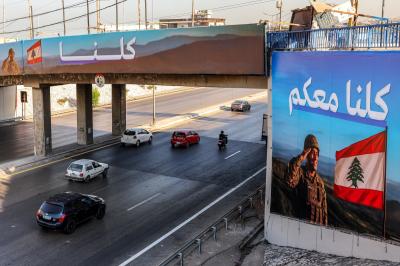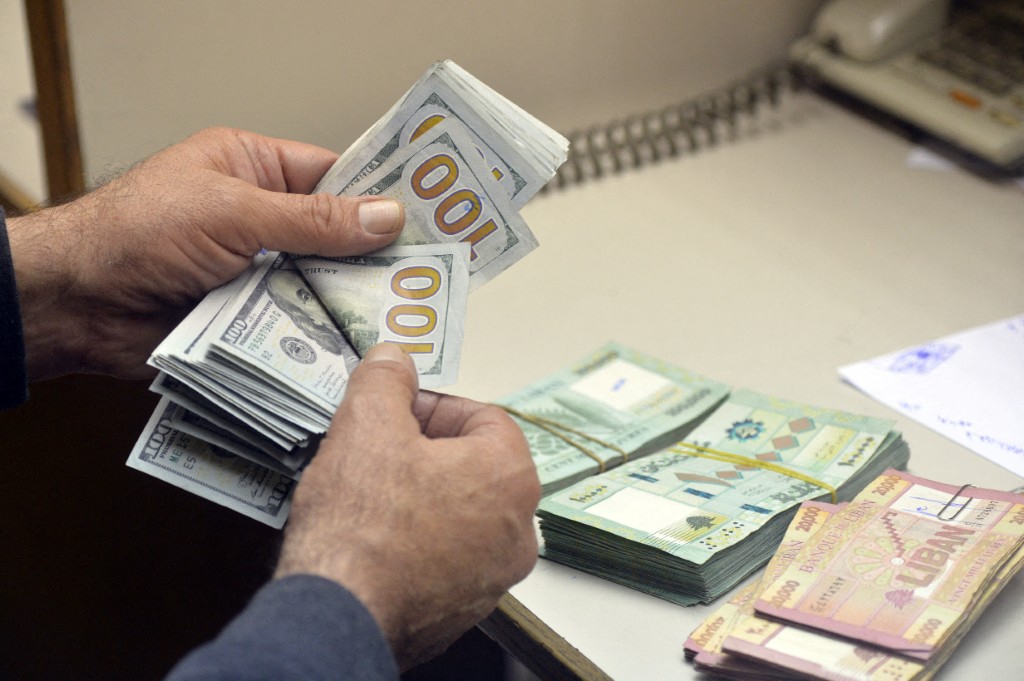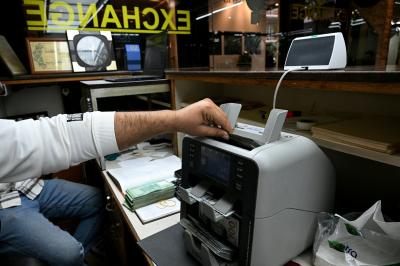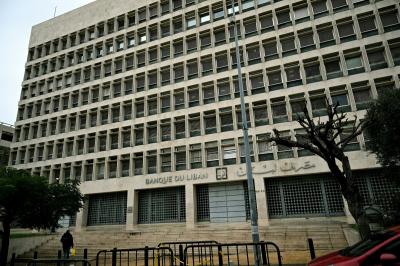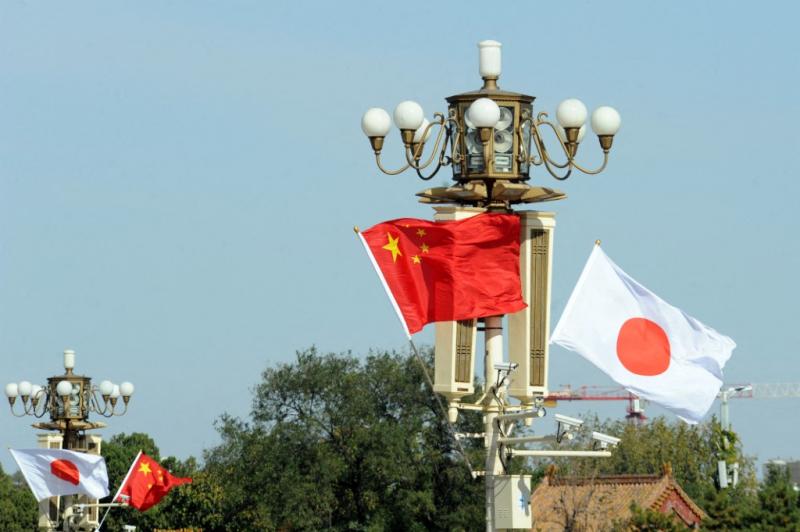As much as globalization and modern communication have turned the world into a connected village, they’ve also heightened anxieties about any breaking news from across the globe. Since Donald Trump assumed office for a second term as president of the United States earlier this year, speculation about the decline of the U.S. dollar has been making headlines. What started as financial chatter on global news outlets and among officials quickly became a central concern for the Lebanese public, despite Lebanon’s economy accounting for a mere 0.0003% of the global economy.
Yet the worry is real. Lebanon’s economy is over 97% dollarized, and billions of dollars in savings, estimated at over $10 billion, are hoarded in cash by Lebanese citizens at home. Every drop in the dollar’s value chips away at their savings.
In a recent statement about the so-called “greenback empire,” European Central Bank President Christine Lagarde declared that the global economic system built on the dollar’s dominance is unraveling. She predicted that the euro — the European Union’s common currency — would assume a larger role in international trade and reserve holdings.
A Wave of Warnings
Lagarde’s comments echoed those of financial experts and economists around the world. For example, Kristina Clifton, chief economist and currency strategist at the Commonwealth Bank of Australia, was quoted by global economic sites saying, “Any further news on tariffs could add more volatility to currency markets and drive the dollar down.” Chris Weston, head of research at Pepperstone, added, “One way or another, all roads lead to a weaker dollar,” pointing to the U.S.’s rising deficit and the anticipated surge in Treasury bond issuances as key reasons investors are moving away from the dollar.
Dollar Down by 7%
The numbers support the concern. In the first five months of the year, the U.S. dollar index dropped by over 7%, erasing gains made in what was its strongest year since 2015. Investors are growing wary, largely due to two main factors:
- The current administration’s erratic trade policies, including uncertainty around tariffs.
- Trump’s much-touted “big, beautiful” tax plan which has passed in the House and is awaiting Senate approval. The plan would increase the U.S. debt ceiling by $3.8 trillion over 10 years, potentially pushing the national debt to $40 trillion and inflating the debt-to-GDP ratio from 98% to 125% by the end of the decade.
- Trump’s team argues the tax cuts (including reduced Medicaid funding by $700 billion and food stamp programs by $267 billion) alongside economic deregulation will stimulate growth and reduce the deficit from 6.4% in 2024 to 3% by the end of his term. But so far, markets aren’t buying it.
Lebanese Caught in the Crossfire
Despite Trump’s economic optimism, the dollar continues to fall. A $100 bill in Lebanon at the start of the year is now effectively worth just $93 due to the 7% decline against other currencies. That’s why Lebanese savers — whether they have modest or substantial holdings — must begin reassessing their financial strategies.
Michel Salibi, a financial markets expert and university lecturer, advises individuals and institutions to diversify their financial portfolios based on their risk tolerance and investment goals. He recommends considering commodities like gold, silver, coffee, and cocoa, as well as cryptocurrency, stocks, euro- and dollar-denominated government bonds, and real estate.
Beyond protecting personal wealth from currency volatility, investing surplus funds also supports the broader economy. It provides companies with funding to grow and hire, a much-needed alternative in Lebanon, where access to bank loans is either prohibitively expensive or altogether blocked.
The Dollar Cost Averaging Strategy
Salibi also advocates the "Dollar Cost Averaging" strategy — regularly investing a fixed amount regardless of market price — to neutralize the impact of market volatility. “We’re seeing a shift in Lebanese mentality,” he notes, “with more people diversifying income sources and taking calculated investment risks.”
Lebanon’s Financial Market Must Evolve
For Lebanese citizens to truly benefit from global investment opportunities, local financial infrastructure must be modernized to protect investors from informal brokers and unregulated markets. Chief among these reforms is the need to develop the Beirut Stock Exchange, one of the oldest in the Arab world. In Q1 of this year, only 3.5 million shares were traded, worth just $70 million. The exchange lists barely 10 companies, dominated by banks, and with Solidere accounting for 80% of total trading volume.
To revitalize the exchange and enhance national economic resilience, three steps are essential:
- Privatize the Beirut Stock Exchange.
- Transform public institutions into joint-stock companies, with the state retaining majority ownership, and list their shares on the exchange.
- Strengthen the Capital Markets Authority by updating its legal framework and reactivating its oversight functions, including licensing and enforcement.
Investors Must Take Responsibility
Until these reforms materialize, two main forces must work in tandem to safeguard Lebanon’s investors. First, regulatory bodies must raise awareness of financial literacy, market monitoring, and law enforcement. Second, individuals must adopt a prudent investor mindset, not that of high-risk speculators. Choosing stable, trustworthy companies to invest with is key.
The opportunities in financial markets are vast, but so are the risks. Lebanese citizens should not flee the clutches of failing banks only to fall into the traps of unregulated global markets. They must deploy their life savings with wisdom and responsibility, not panic.
Please post your comments on:
[email protected]
 Politics
Politics




